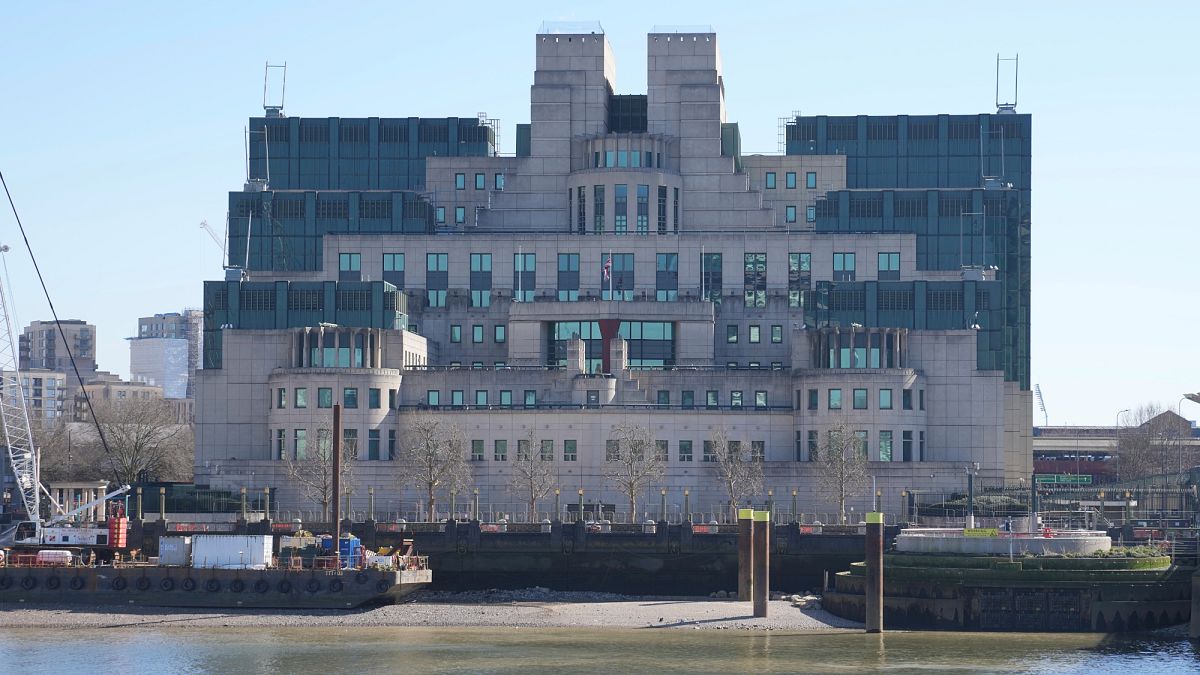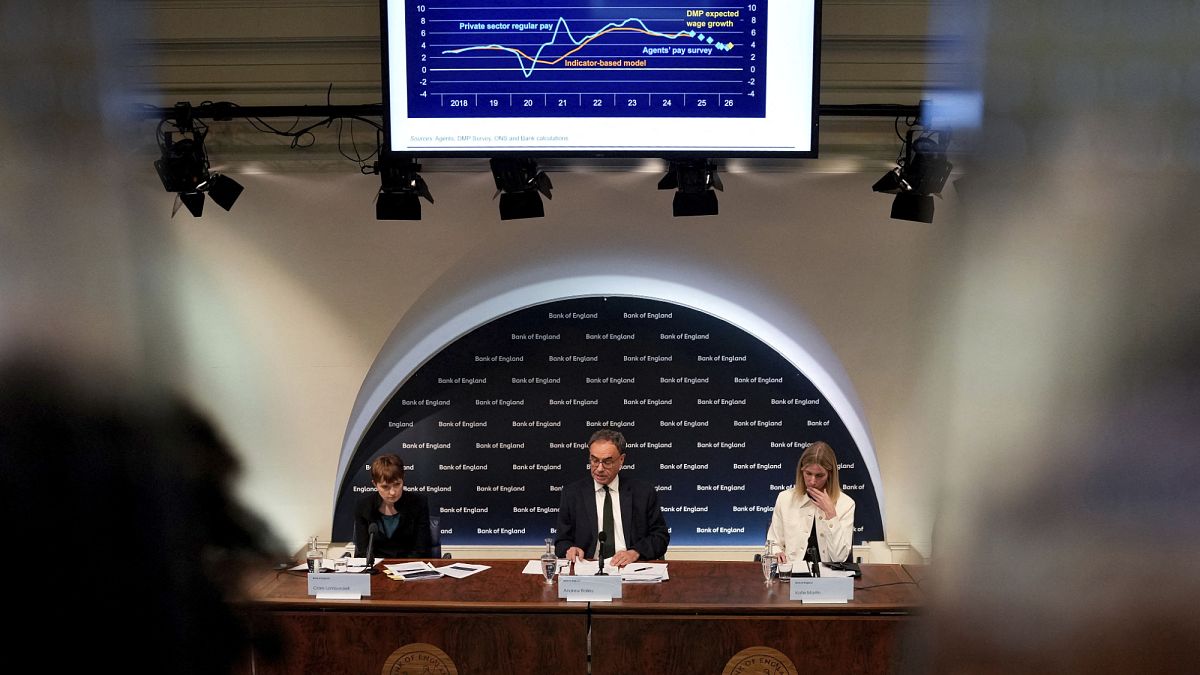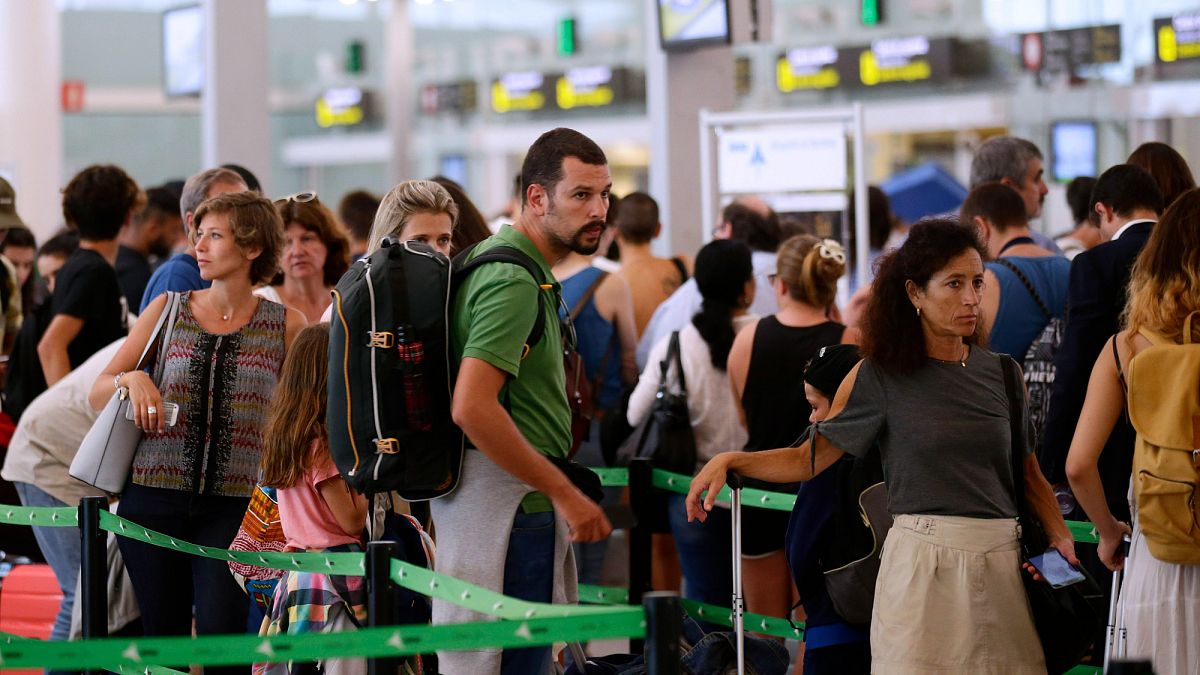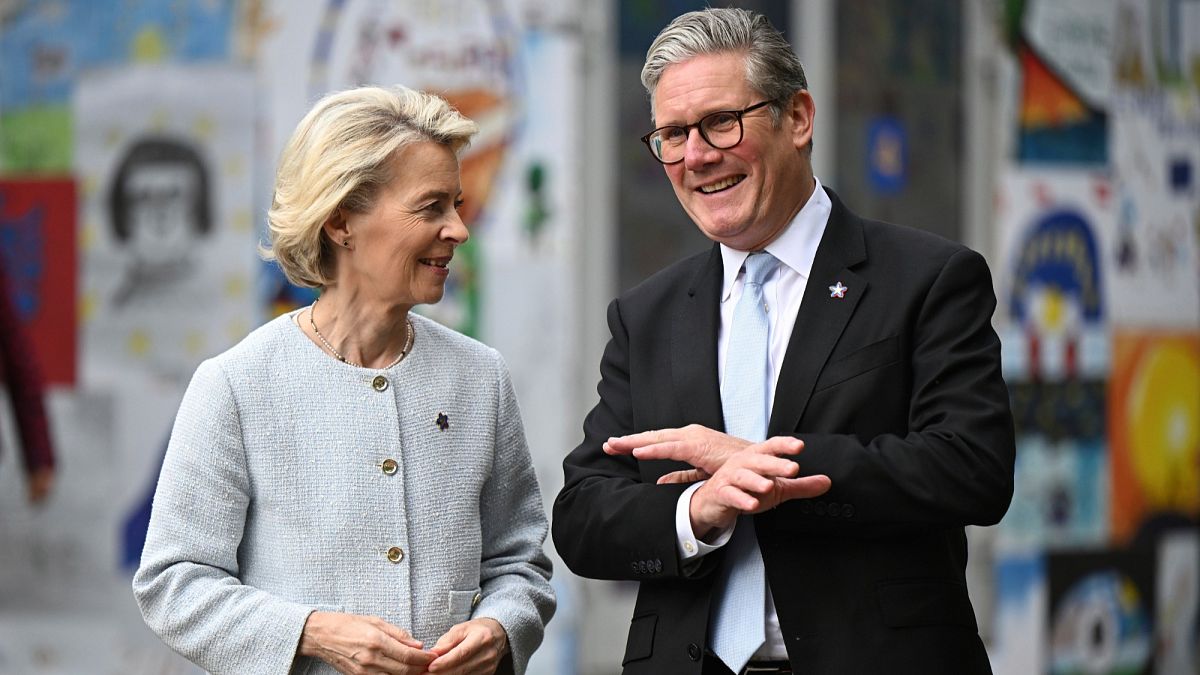UK borrows more money ahead of expected tax cuts
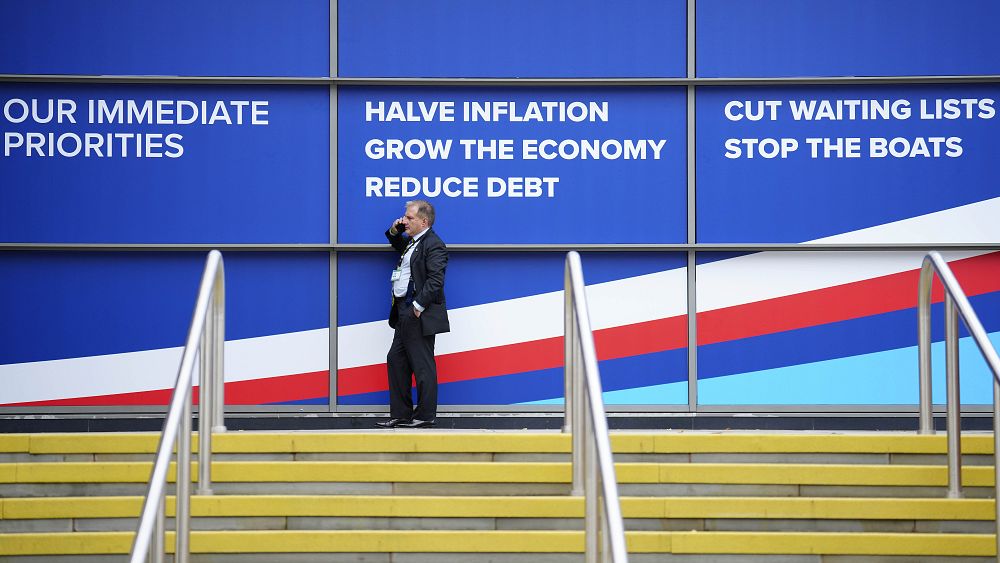
The UK sees second-highest October borrowing on record as experts predict a tax cut announcement on Wednesday..
The UK government’s borrowing in October was £14.9 (€17.1) billion, £4.4 billion more than in the same month last year and the second highest October borrowing since monthly records began 30 years ago, the Office for National Statistics (ONS) said on Tuesday.
Between April and October, the public sector borrowed £98.3 billion, around £22 billion more than in the same period last year but £17 billion less than predicted by the Office for Budget Responsibility (OBR).
“Although borrowing last October was only £3 billion less than in October 2020 – at the height of the pandemic, when billions were being spent on expensive programmes such as the coronavirus furlough scheme – the government’s finances are in a much better position than the OBR had predicted earlier this year,” Victoria Scholar, head of investment at online platform Interactive Investor, said.
“This potentially provides some wiggle room for Chancellor [aka Finance Minister] Jeremy Hunt when he makes his announcements tomorrow”, she added. In fact, Hunt is expected to announce some pre-election tax cuts in Wednesday’s Autumn Statement.
Prime Minister Rishi Sunak said on Monday that his attention was turning to tax reductions after a slowing in the country’s rising prices and stronger tax revenues.
“Inflation has fallen but it is still way off target and those last few percentage points are usually the hardest to shift”, Danni Hewson, head of financial analysis at investment platform AJ Bell, said.
“Stimulating growth whilst keeping a lid on consumer spending might seem like trying to cook a turkey without turning on the oven”, he explained. However, “it seems incredibly unlikely that the chancellor won’t bow to political pressure to hand out some kind of crowd-pleasing, headline-grabbing treat”.
Sunak assured he would tread carefully to avoid the risk of reviving inflation. He vowed there would be no repeat of last year’s promises of huge tax cuts that sent the bond market into a meltdown and cost Liz Truss her position as prime minister.
Labour productivity drops
Meanwhile, British labour productivity fell in the third quarter and was only marginally up from before the pandemic, according to the latest ONS figures that highlight the economy’s weakness.
The UK’s output per hour worked in the three months to September was 0.3% below the same quarter a year ago.
The fall reverses the previous quarter’s rise and leaves labour productivity just 2.5% above its level in the last quarter of 2019, before the pandemic.
On Wednesday, the OBR is expected to lower its economic growth outlook, making it harder for the government to meet its target of bringing debt as a share of GDP down in the last year of a five-year forecast period.
Public debt now stands at more than £2.6 trillion, almost 98% of GDP, more than three times its size 20 years ago.
Source: Euro News


